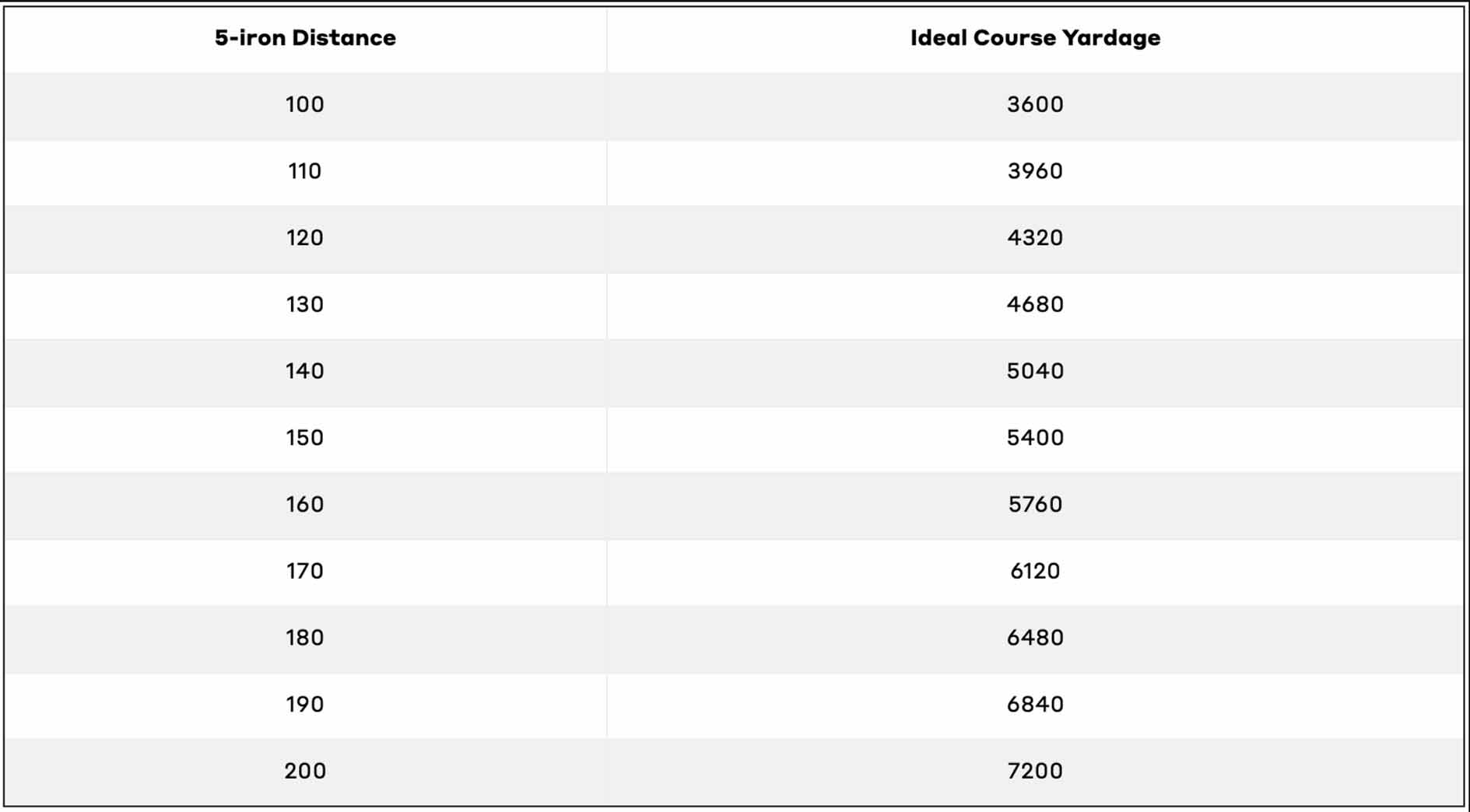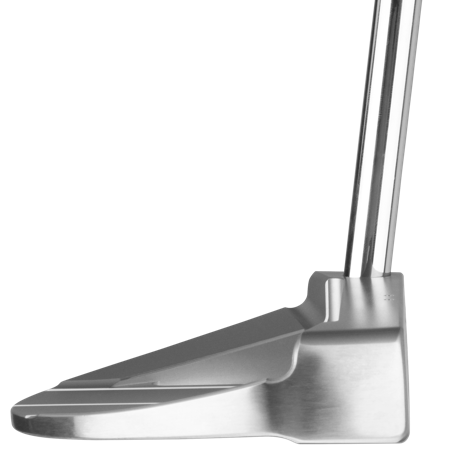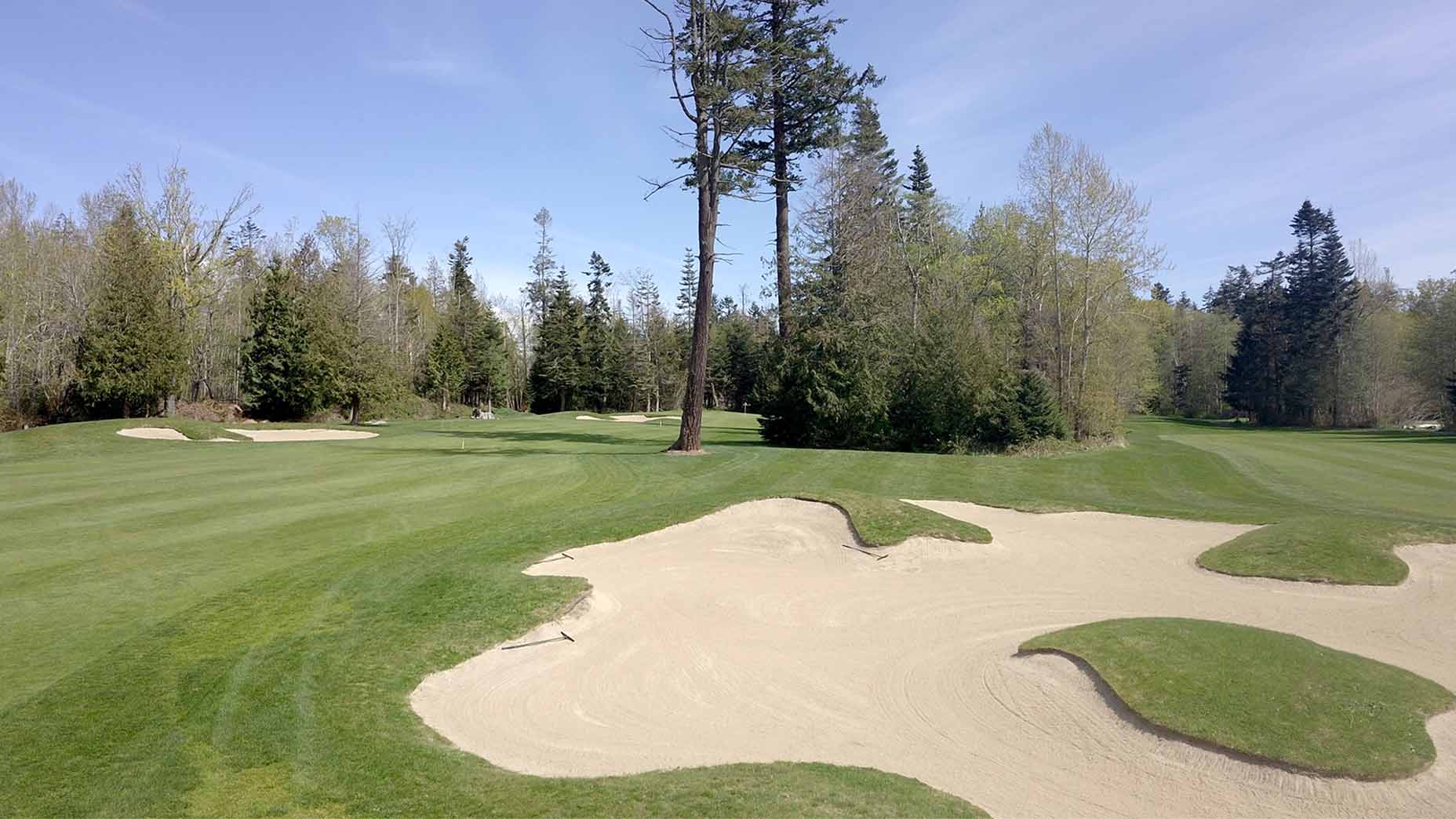
Before you even hit one golf shot, think for an extra second about what tees you should play from.
Getty Images
Congrats, you got much better at golf in 2021! But now it’s time to take your game one step further this offseason. That’s right, we’re talking about targeting that magical number most golfers set their sights on: a score in the 70s. Here, in our eight-step guide to breaking 80, we’ll speak to experts, pros and more to create the perfect plan for you to take your game to the next level.
Step 1: How you’re ruining your round before you tee off
Step 2: How to stop wasting your range warm-up
***
Step 3: You aren’t playing the right tees. Here’s a key guide
Your quest to break 80 starts with a harsh dose of reality. The majority of you aren’t playing the right tees. And that’s not just my opinion. Speaking to GOLF’s Top 100 Teachers throughout the year, they said amateurs playing the wrong tees was a common error golfers make far too often.
“If they aren’t carrying 200 yards, they should play 6,000 or less, and they don’t do that,” said Carol Preisinger, a Top 100 Teacher out of The Kiawah Island Club. “Because when you play too far back you can have four or five penalty shots off the tee.”
Imagine that? You are already putting yourself in a hole before you even strike a shot. And it’s nothing to be embarrassed about either — golf is hard. So you know what? Don’t make it harder.
Athletic Motion Golf has created a handy formula we’ve referenced in the past. Now remember, there’s no one-size-fits-all here. Everyone’s game is different (beginner, long off the tee, short off the tee, etc.), but this guide remains one of the better starting points we’ve found.
In short, take the distance you hit your 5-iron and then multiply it by 36. That number is your ideal yardage. For example, if you hit your 5-iron 170 yards, Athletic Motion Golf recommends you play tees that are 6,120 yards. Here’s a table we created below:

Using the correct tee box won’t just create a path to better scores, it’ll make the game more fun, too. What’s more exciting than the thrill of a make-or-break 3-wood when going for a par-5 in two? Not much. Why not give yourself the opportunity for such a chance? And plus, short irons are called scoring clubs for a reason. Moving up allows you to hit more of them, which allows you to see the ball (hopefully) dance around the pin a little more. A wonderful sight.
Golf analytics expert Lou Stagner recently joined the Off Course with Claude Harmon podcast and talked about the key to amateurs shooting lower scores — and it’s not making more birdies. Harmon said Tour players average 3.6 birdies per round, while 20-handicappers average just .3 birdies per round. That means amateurs are more likely to see lower scores simply by focusing on making more pars and bogeys (limiting big numbers) and not necessarily shooting at pins and making more birdies. And, as Top 100 Teacher Carol Preisinger notes, it all starts with hitting from the right tee box and avoiding the potential dangers awaiting for you off the tee — whether they be forced carries or trouble lurking off the fairway.
“Minimizing knocking balls out of bounds, minimizing penalty strokes, minimizing doing something like double-chipping it, minimizing the big numbers is how you are going to go from shooting 95 to shooting 85. And it’s also how you are going to go from shooting 85 to shooting 75,” Stagner said. “When you get to the very elite level, the best players on the PGA Tour, if you wanna get to the top of the mountain on the PGA Tour, you need to make a few more birdies. Everyone else — they need to limit mistakes.”
Spoiler alert: Most of all, if you move up, play the correct tees and in turn limit your mistakes, not only will you likely shoot a better score, but you might even have more fun too. And what’s not to love about that?









